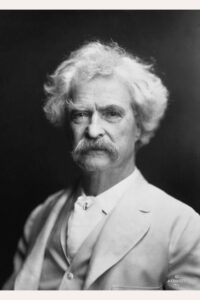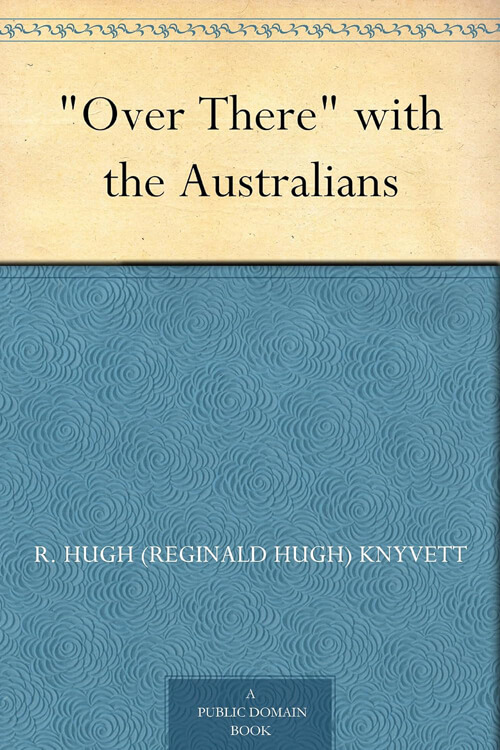
Complete Letters of Mark Twain
Complete Letters of Mark Twain 1853–1880. Retrieved 19 October 2011. Six volumes in one, Edited by Albert Bigelow Paine. A prolificacy of letters reflecting Twain’s role as a mighty national menace to Sham’. Like all lives, Twain’s was a rich evolution of character and concerns, as reflected in this collection of his correspondence.
Throughout, he maintains a wonderful sense of humour and phrasing that is compelling to his readers. His younger letters are playful, whereas his older ones show a more tempered tone – measured with loss, struggle, success, failure, and friends. He loved those judged deeply and profoundly by his frequent audiences and topics.
Read or download Book
Mark Twain
Samuel Langhorne Clemens (November 30, 1835 – April 21, 1910), known by the pen name Mark Twain, was an American writer, humorist, essayist, entrepreneur, publisher, and lecturer.
Biography
He was praised as the “greatest humorist the United States has produced”, and William Faulkner called him “the father of American literature”. His novels include The Adventures of Tom Sawyer (1876) and its sequel, Adventures of Huckleberry Finn (1884), with the latter often called the “Great American Novel”. Twain also wrote A Connecticut Yankee in King Arthur’s Court (1889) and Pudd’nhead Wilson (1894) and co-wrote The Gilded Age: A Tale of Today (1873) with Charles Dudley Warner.
Twain was raised in Hannibal, Missouri, which later became the setting for Tom Sawyer and Huckleberry Finn. Early in his career, he served an apprenticeship with a printer and worked as a typesetter, contributing articles to his older brother Orion Clemens’ newspaper. Then, he became a riverboat pilot on the Mississippi River, which provided him with the material for Life on the Mississippi (1883). Soon after, Twain headed west to join Orion in Nevada.
He referred humorously to his lack of success at mining, turning to journalism for the Virginia City Territorial Enterprise. He first achieved success as a writer with the humorous story “The Celebrated Jumping Frog of Calaveras County”, which was published in 1865; it was based on a story that he heard at Angels Hotel in Angels Camp, California, where he had spent some time as a miner. The short story brought him international attention. He wrote both fiction and non-fiction. As his fame grew, he became a much sought-after speaker. His wit and satire, both in prose and in speech, earned praise from critics and peers, and Twain was a friend to presidents, artists, industrialists, and European royalty. Although Twain initially spoke out in favour of American interests in the Hawaiian Islands, he later reversed his position, becoming vice president of the American Anti-Imperialist League from 1901 until he died in 1910, coming out strongly against the Philippine-American War and colonialism.
Twain earned a great deal of money from his writing and lectures but invested in ventures that lost most of it. One is the Paige Compositor, a mechanical typesetter that failed because of its complexity and imprecision. He filed for bankruptcy after these financial setbacks but overcame his financial troubles with the help of Standard Oil executive Henry Huttleston Rogers. Twain eventually paid all his creditors in full, even though his declaration of bankruptcy meant he was not required to do so. He was born shortly after the appearance of Halley’s Comet and predicted that his death would accompany it as well, dying a day after the comet was at its closest to Earth.





